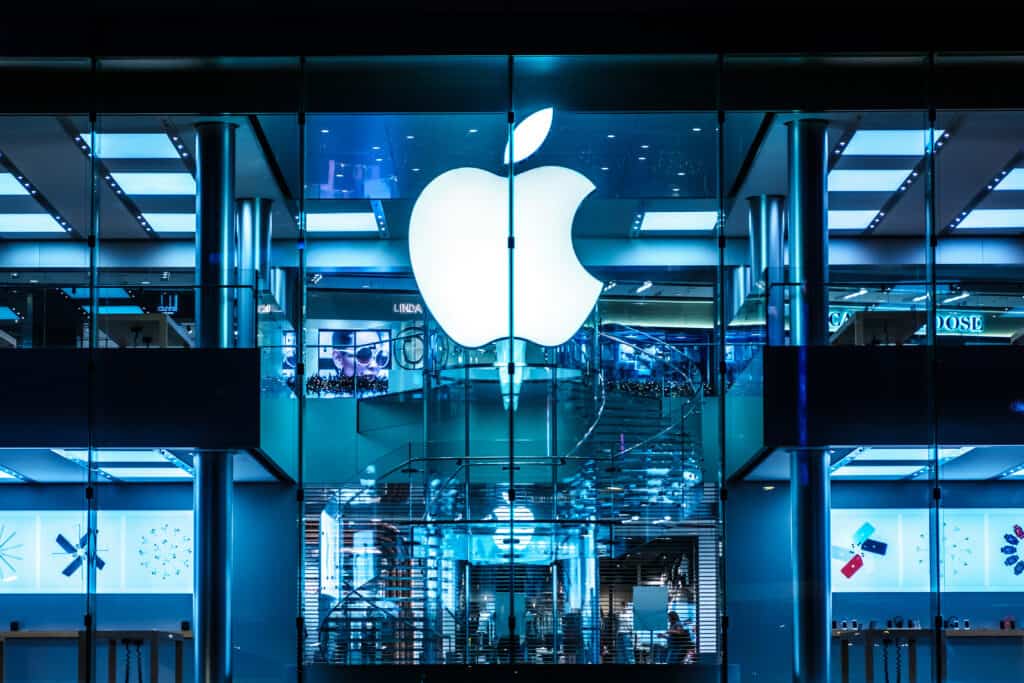
Key Takeaways:
- U.S. District Judge Vince Chhabria ruled in favor of Apple, dismissing an antitrust lawsuit from Venmo and Cash App users, which accused Apple of anti-competitive practices through its Apple Cash service and restricting competitors in the iOS App Store.
- The lawsuit argued that Apple’s policies hindered competitors from integrating cryptocurrency payments, thus limiting innovation and competition, but the court found these claims unfounded, pointing out flaws and labeling the complaint as “speculative.”
- The judge gave the plaintiffs a 21-day period to amend their complaint, with a strong indication that the lawsuit’s revival appears unlikely due to the numerous issues highlighted in Apple’s dismissal motion.
In a significant legal decision, U.S. District Judge Vince Chhabria ruled in favor of Apple, dismissing an antitrust lawsuit that had been initiated by customers of Venmo and Cash App.
These customers had accused Apple of engaging in anti-competitive practices through its Apple Cash service.
BREAKING: The Justice Department announces Apple antitrust suit, accusing tech giant of stifling competition. pic.twitter.com/kxQA5SbEvq
— MSNBC (@MSNBC) March 21, 2024
The lawsuit, which was filed on November 17, 2023, in San Jose, targeted Apple’s alleged monopolistic behavior related to the Apple iOS App Store’s operation.
The core of the plaintiffs’ complaint was that Apple purportedly obstructs competitors to its Apple Pay service from incorporating attractive features, notably the integration of decentralized cryptocurrency payments into their offerings.
According to the plaintiffs, this restriction prevented Venmo, CashApp, and other services from introducing innovations that could lead to more competitive pricing and enhanced functionality for users of iOS devices.

Further elaborating on the lawsuit’s grievances, it was argued that Apple’s App Store terms of service essentially barred apps like Venmo and Cash App from adopting cryptocurrency functionalities in their products.
The ruling pointed out specific guidelines (notably Guideline 3.1.5 of the App Store Terms of Service) and concluded that the lawsuit’s reliance on these points was unfounded.
Judge Chhabria identified multiple critical flaws in the lawsuit, noting that the plaintiffs did not convincingly argue what specific antitrust activities were allegedly conducted by Apple, nor did they justify the exclusion of competitors such as Zelle from their complaint.

Describing the complaint as “speculative,” Chhabria highlighted the argument’s foundational weaknesses.
The court’s document expressed skepticism regarding the lawsuit’s basis, particularly questioning how adherence to App Store guidelines, which delineate the requirements for apps facilitating cryptocurrency transactions, could be deemed an illegal agreement.
Looking ahead, the plaintiffs have been given a 21-day window from the filing’s date to present any amendments that might persuade the court to reconsider its stance.
BREAKING: The Justice Department sues Apple, accusing the tech giant of having an illegal monopoly on smartphones in the U.S. https://t.co/DZECmveo7M
— The Associated Press (@AP) March 21, 2024
However, the judge’s concluding comments suggested a bleak outlook for the lawsuit’s revival, emphasizing the extensive range of issues flagged by Apple’s dismissal motion and casting doubt on the possibility of amending the complaint successfully.
If no satisfactory amendments are made within the specified period, the dismissal will become final and irrevocable.

